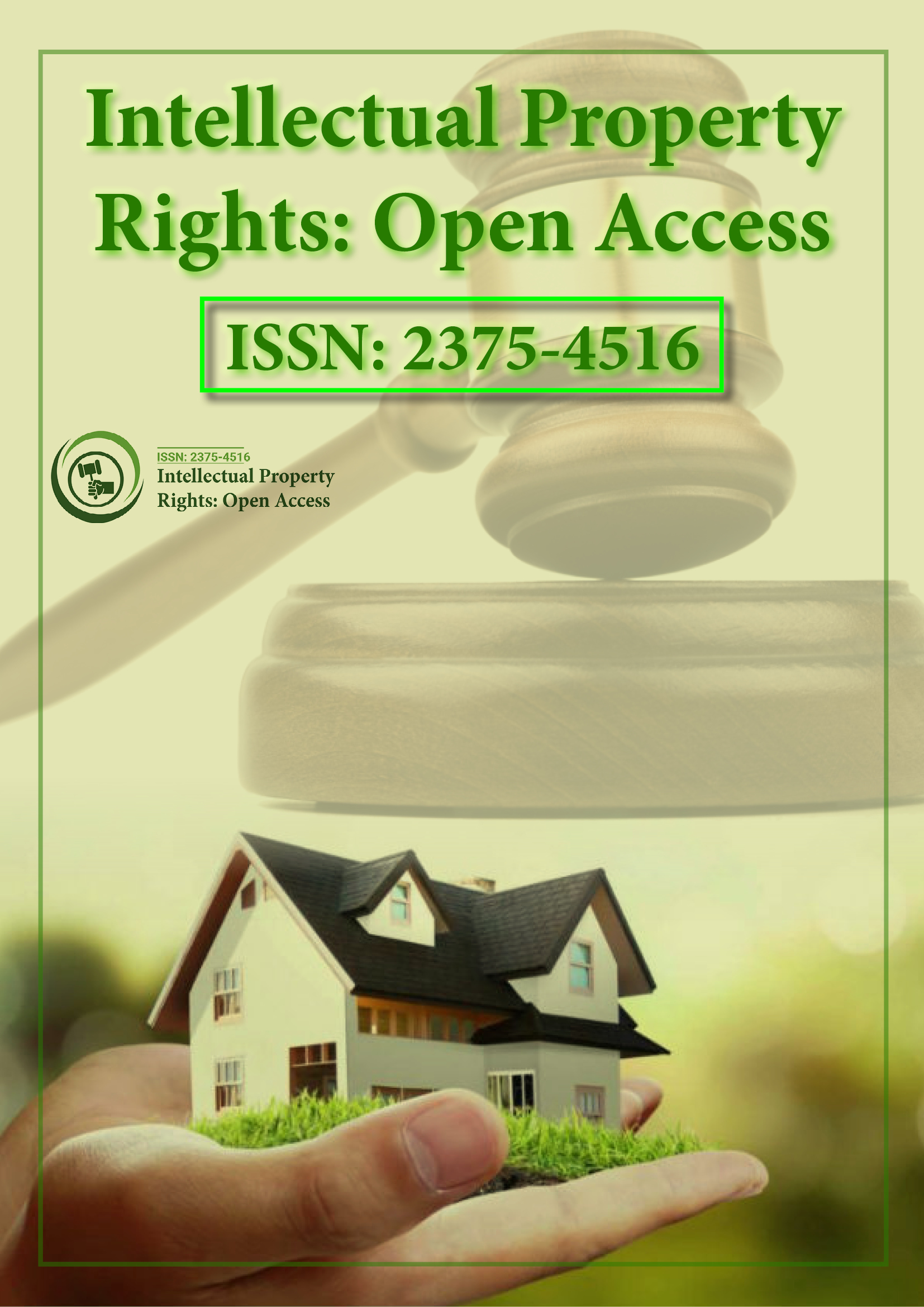Indexed In
- Open J Gate
- RefSeek
- Hamdard University
- EBSCO A-Z
- OCLC- WorldCat
- SWB online catalog
- Publons
Useful Links
Share This Page
Journal Flyer

Open Access Journals
- Agri and Aquaculture
- Biochemistry
- Bioinformatics & Systems Biology
- Business & Management
- Chemistry
- Clinical Sciences
- Engineering
- Food & Nutrition
- General Science
- Genetics & Molecular Biology
- Immunology & Microbiology
- Medical Sciences
- Neuroscience & Psychology
- Nursing & Health Care
- Pharmaceutical Sciences
Perspective - (2023) Volume 11, Issue 1
Evaluation of Ethical Decision Making
Kem Chan*Received: 03-Mar-2023, Manuscript No. IPR-23-20364; Editor assigned: 06-Mar-2023, Pre QC No. IPR-23-20364 (PQ); Reviewed: 22-Mar-2023, QC No. IPR-23-20364; Revised: 29-Mar-2023, Manuscript No. IPR-23-20364 (R); Published: 05-Apr-2023, DOI: 10.35248/2375-4516.23.11.217
Description
This study examine the empirical literature to determine which variables are proposed to influence ethical views and decision making. The factors are classified as those that are unique to the particular decision maker and those that are situational in character. Nationality, religion, gender, age, education, employment, and personality are variables associated to an individual decision maker explored here. This paper looks at situational variables such as referent groups, rewards and sanctions, rules of conduct, types of ethical conflict, organizational effects, industry, and business competitiveness. They examines the variables that have been empirically evaluated in order to discover what is known and what we need to know about the variables considered to be determinants of ethical decision behaviour.
Marketing ethics has received considerable scholarly attention in recent years, particularly in the last ten years. The development of models, or frameworks, for examining ethical decision making in marketing has been one area of study in the topic. Few of the models have been empirically tested. Furthermore, the existing frameworks have some drawbacks. This paper covers the findings of a field test of an alternative approach for studying ethical decision making in marketing. The study's findings indicate that the framework has promise as a tool for studying marketers ethical decision making.
This study highlights a plethora of empirical studies that evaluate ethical decision making in business and recommends more study to advance theory in this area. The investigations are organized into categories and linked to contemporary theoretical ethical decision-making models. The research is concerned with awareness, individual and organizational characteristics, intent, and the role of moral intensity in ethical decision making.
Summary tables make it easy to access information about the sample, conclusions, and publication channel. This gives insights for understanding organizational ethical decision constructions, where ethical decision making theory now stands, and what future empirical study on organizational ethical decision making should look like.
Most contemporary ethical decision-making models offer a logical and reasoned procedure for forming ethical judgements, however these models are empirically unproven and rely on rational, conscious, and quasilegal reasoning assumptions.
Despite the reality that numerous nonrational factors influence ethical thought and action, such as environment, perceptions, relationships, emotions, and heuristics, such models predominate. A substantial body of behavioural research, for example, has established the significance of automatic intuitive and emotive processes in decision making and judgement. These mechanisms have a tremendous impact on human behaviour, resulting in systematic biases and deviations from normative rationality theories. Their effect is a significant but generally unacknowledged component of ethical decision making.
There is a scarcity of theoretical and empirical study on the process of ethical decision making in the field of Information Systems (IS). It explain and test a generic ethical decision-making theory established in the marketing discipline as a first step in this direction. They conducted a study on the ethical decision- making process of 243 entry-level information security professionals when it came to softlifting, or illegally copying software for personal use. The findings support the application of the tested ethical decision-making theory to the area of IS, specifically softlifting. To arriving at an ethical judgement of a moral issue, entry-level IT professionals were shown to apply both deontological and teleological analyses.
Citation: Chan K (2023) Evaluation of Ethical Decision Making. Intel Prop Rights. 11:217.
Copyright: © 2023 Chan K. This is an open access article distributed under the terms of the Creative Commons Attribution License, which permits unrestricted use, distribution, and reproduction in any medium, provided the original author and source are credited.
